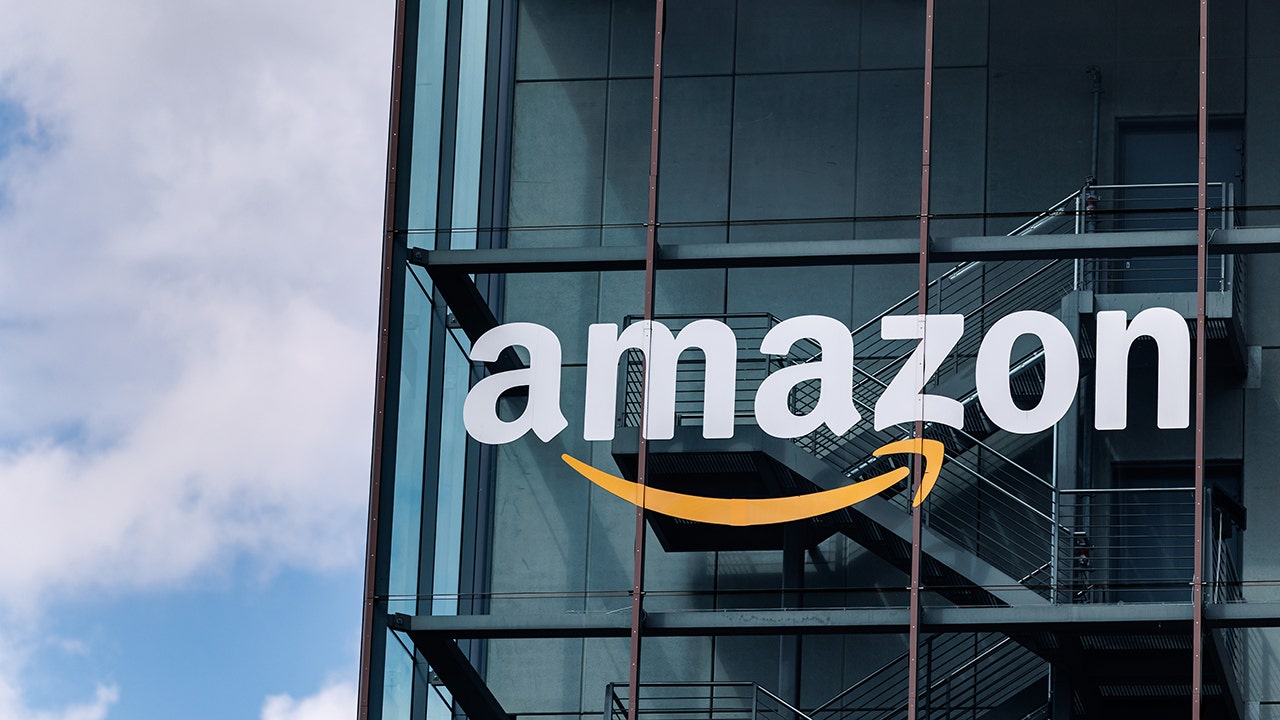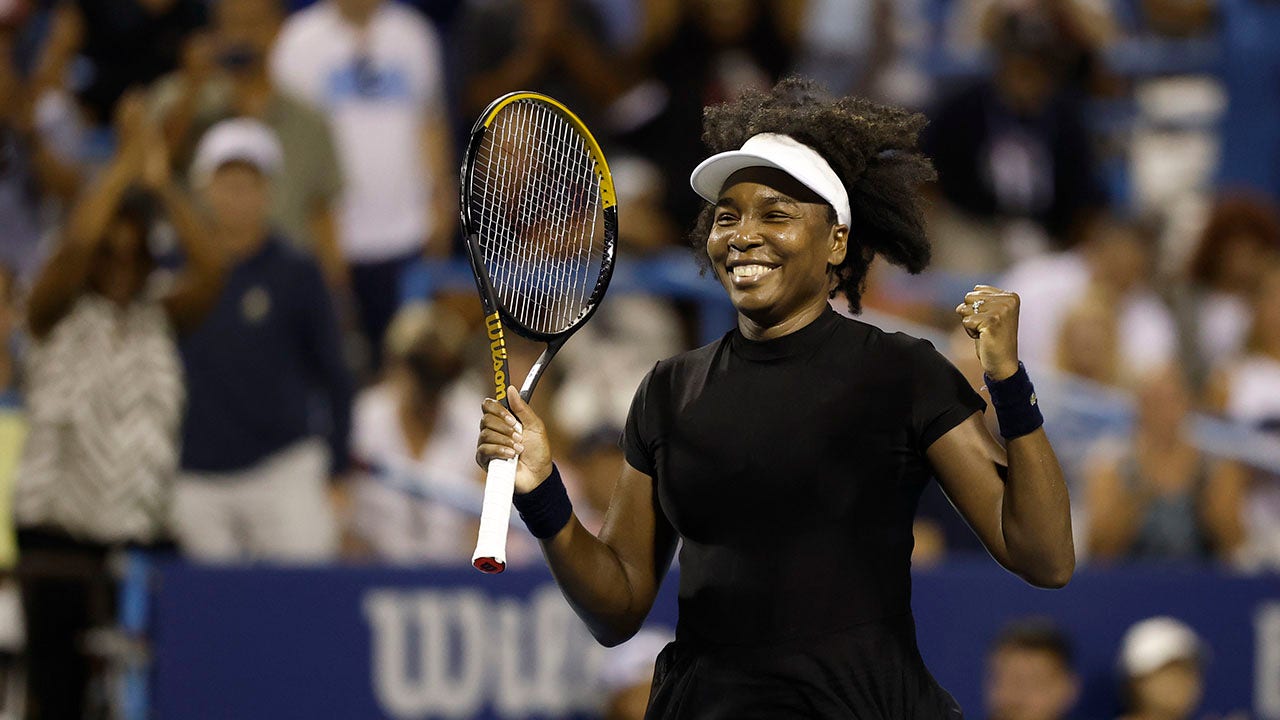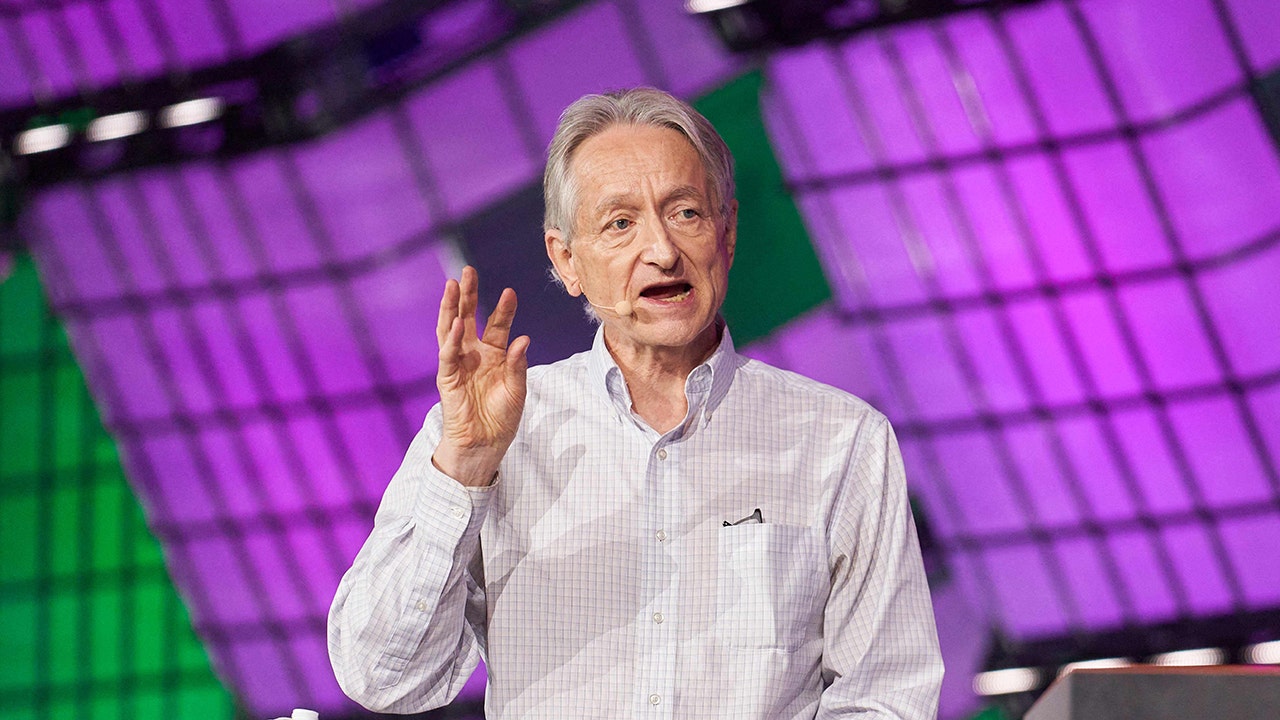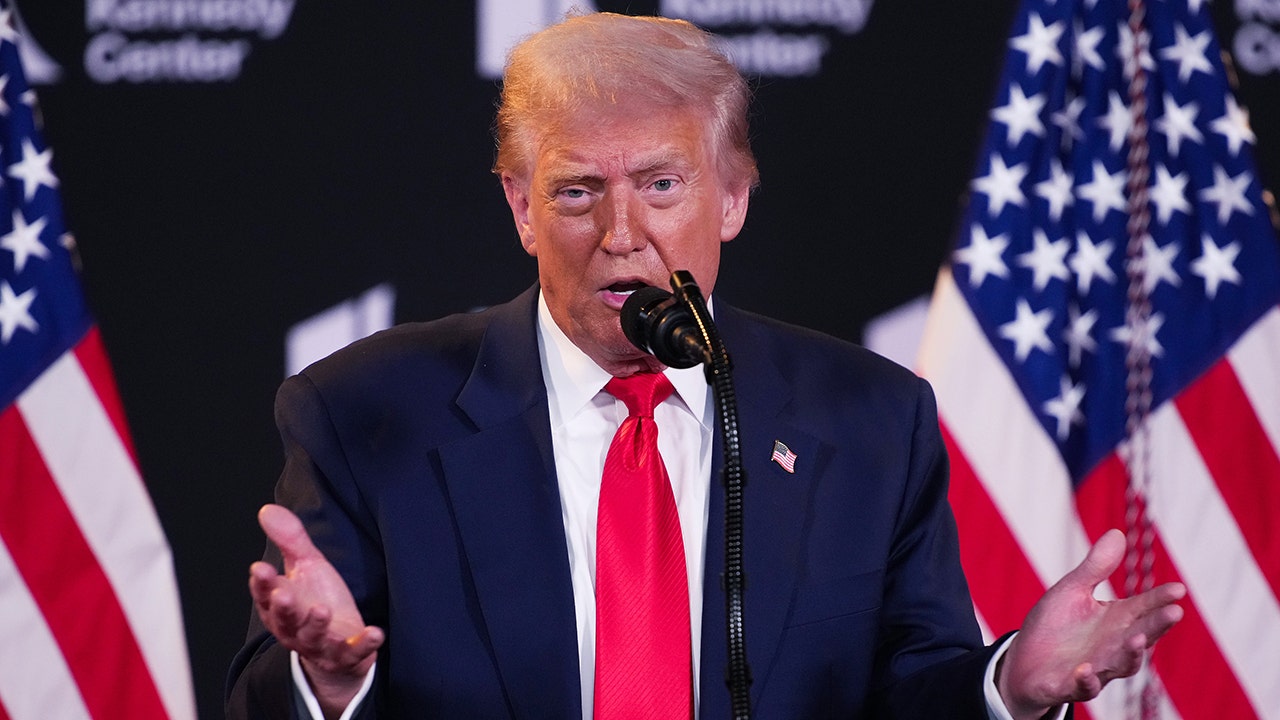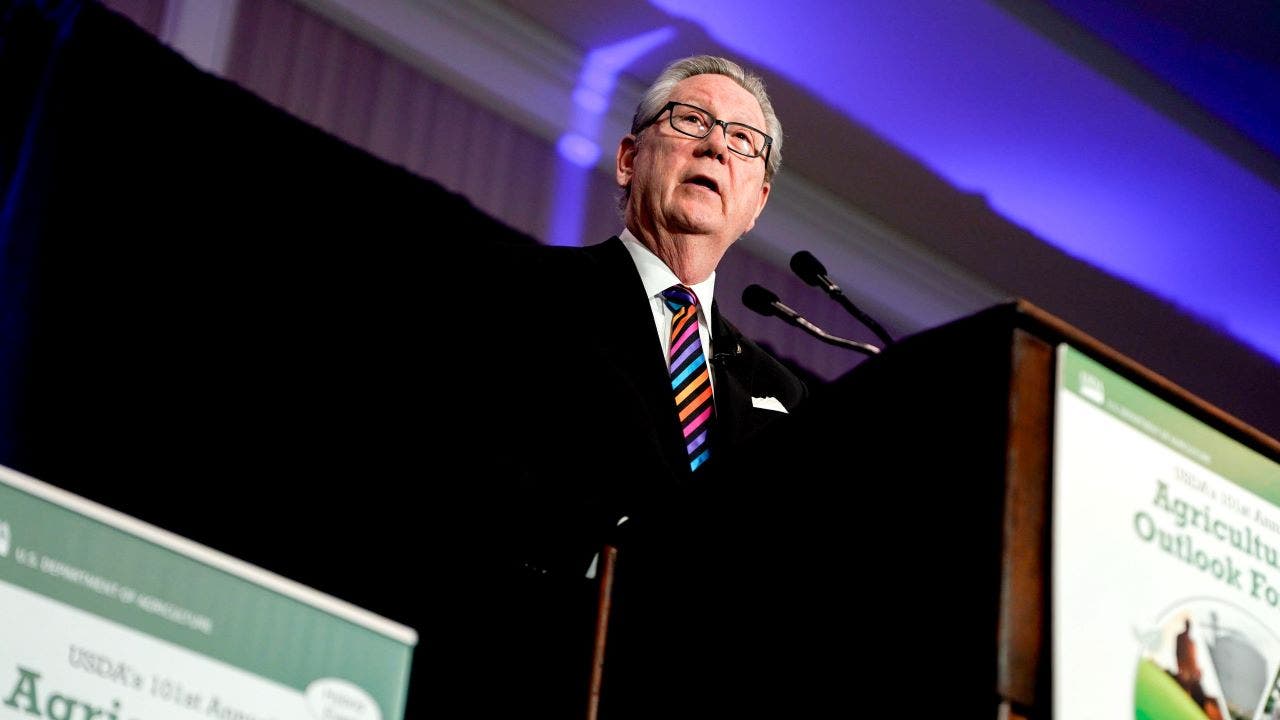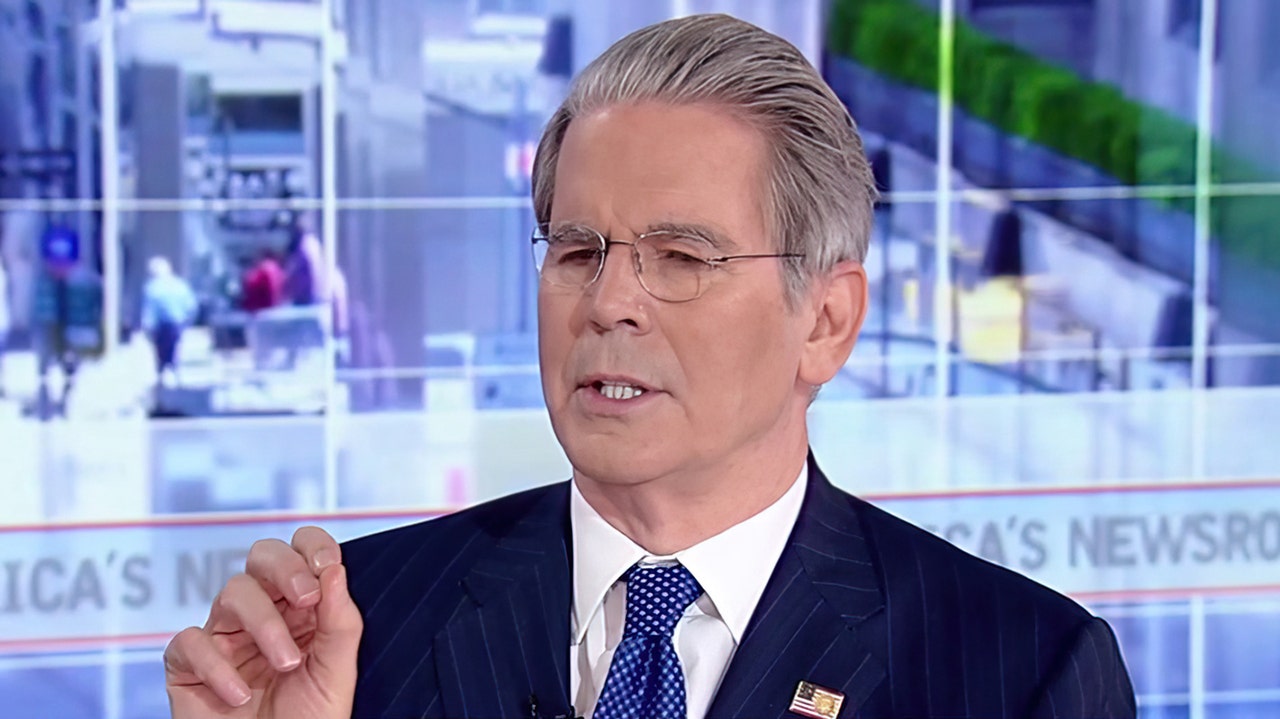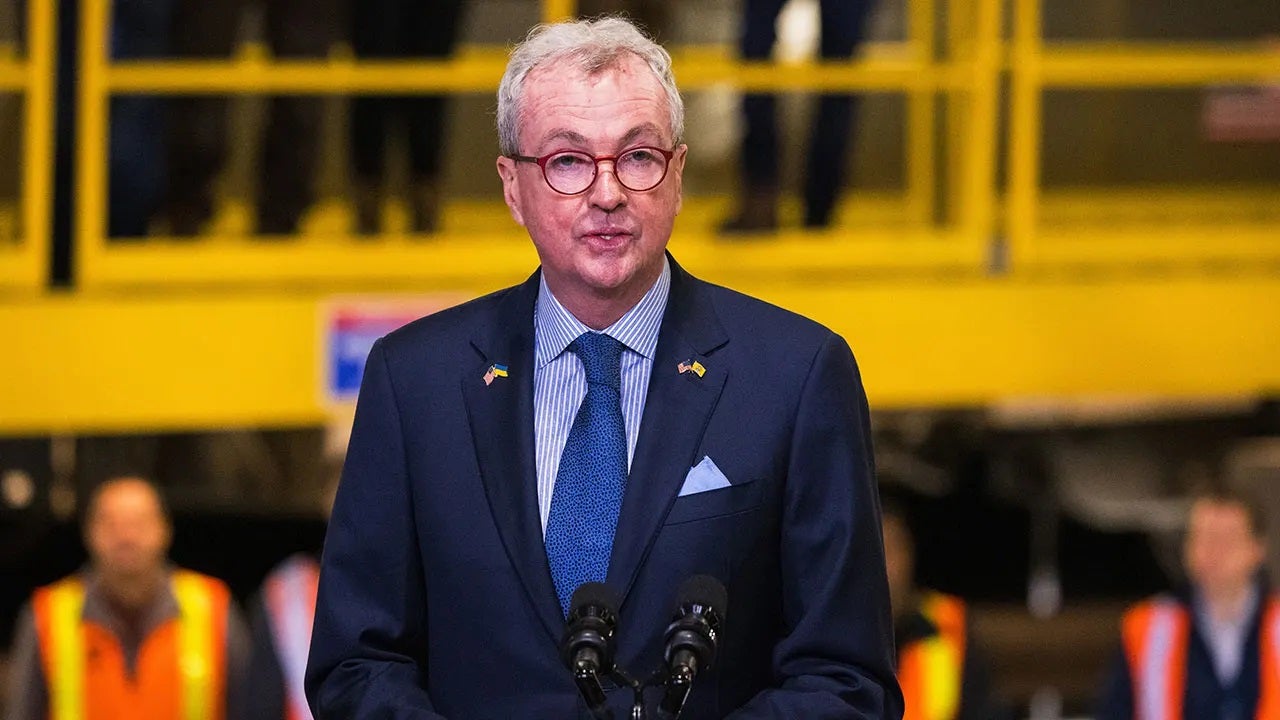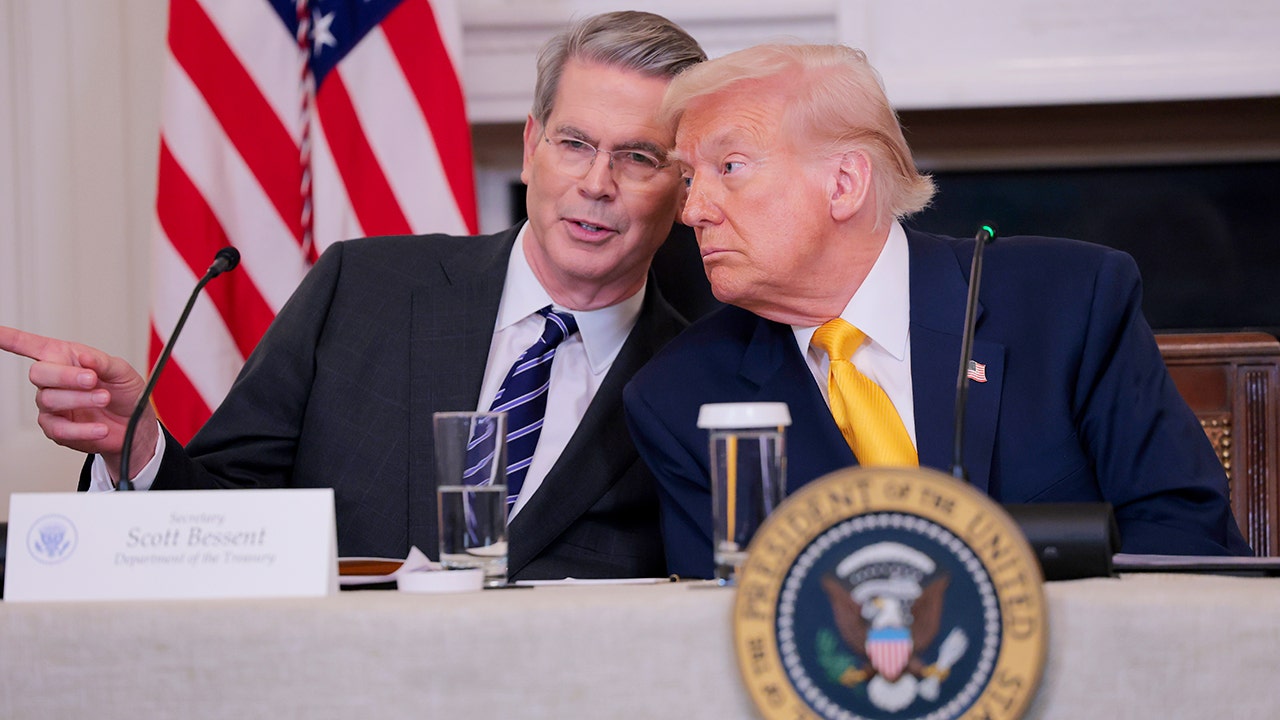Geoffrey Hinton, one of the most prominent figures in the world of artificial intelligence, is sounding the alarm that machines could soon outthink humans, and he’s advocating for “maternal instincts” to be built into advanced systems to ensure AI cares for and protects people.
Hinton believes artificial general intelligence, a type of AI that can meet or exceed human capabilities, could be as little as just a few years away, much sooner than his earlier estimates of 30 to 50 years, Forbes Magazine reported.
“They’re going to be much smarter than us,” Hinton said at the recent Ai4 Conference in Las Vegas. “Imagine you were in charge of a playground of 3-year-olds, and you worked for them. It wouldn’t be very hard for them to get around you if they were smarter.”
ROBOTS AND ARTIFICIAL INTELLIGENCE ARE TRANSFORMING JOBS FROM MANUFACTURING TO SPORTS
Hinton, frequently referred to as the “godfather of AI,” noted that AI has a unique ability to learn collectively, meaning machines could significantly surpass human progress, according to Forbes.
ARTIFICIAL INTELLIGENCE DRIVES DEMAND FOR ELECTRIC GRID UPDATE
“If people could do that in a university, you’d take one course, your friends would take different courses and you’d all know everything,” he said. “We can share just a few bits a second. AI can share a trillion bits every time they update.”
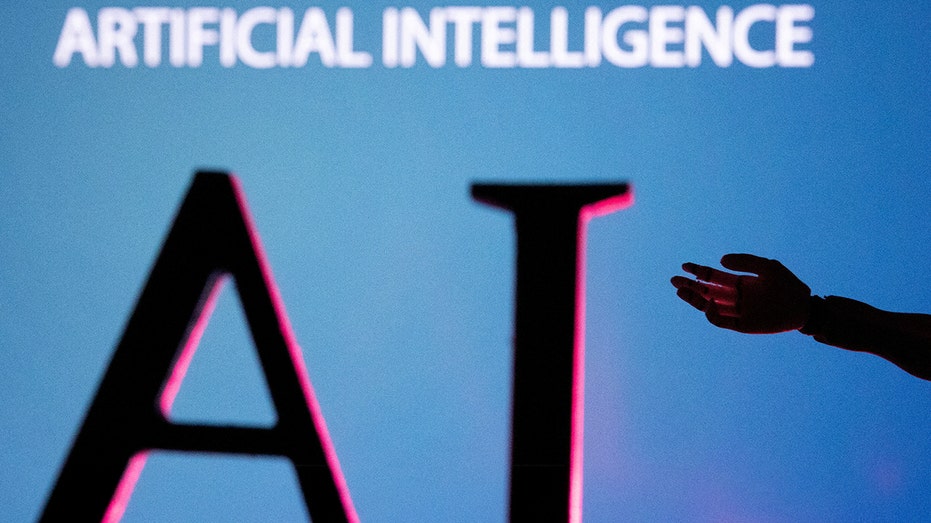
Hinton believes researchers should prioritize creating AI that genuinely cares about people, rather than solely focusing on maintaining control. “Maternal instincts” should be built into systems with a drive to protect human life, something countries could work jointly to accomplish, he said, according to Forbes.
OPENAI’S SAM ALTMAN SAYS GPT-5 COULD ‘SAVE A LOT OF LIVES,’ FUEL $100B ENTERPRISE AI BOOM
“We need AI mothers rather than AI assistants,” Hinton said. “An assistant is someone you can fire. You can’t fire your mother, thankfully.”
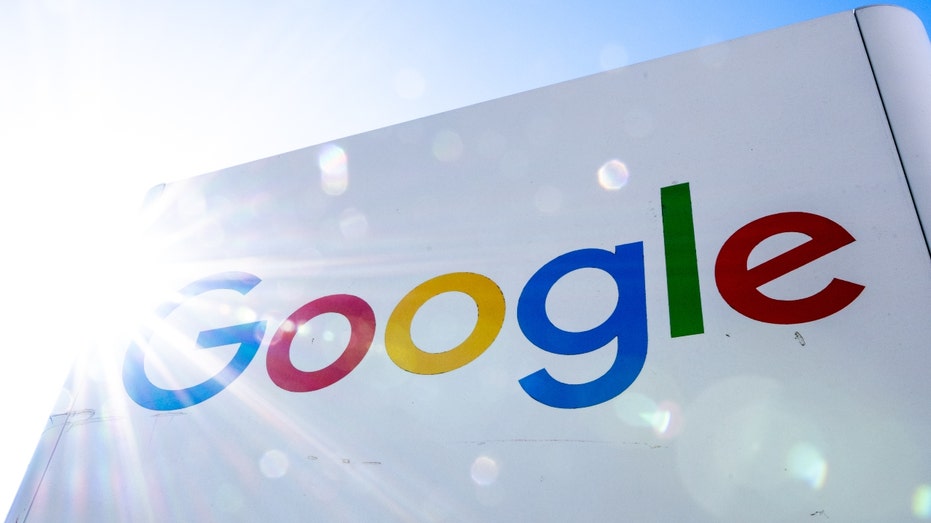
Despite his many warnings about AI’s dangers, Hinton believes it could offer benefits in the healthcare industry. AI could speed up patients’ diagnoses, develop more targeted drugs and tailor treatments, he said, Forbes reported.
Hinton quit his job as a Google engineer in 2023, in part to warn of the dangers of further AI development. Hinton worked at Google for more than a decade and is responsible for a 2012 tech breakthrough that serves as the foundation of current AI like ChatGPT.
Hinton did not immediately respond to FOX Business’ request for comment.

